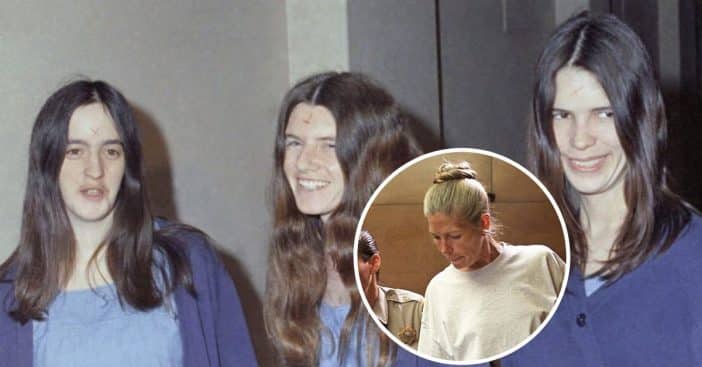
A 73-year-old woman, Leslie Van Houten, a follower of Charles Manson, is expected to be released in weeks after spending more than 50 years behind bars for her involvement in a murder. Van Houten was just 19 when she joined Charles Manson’s hippie cult known as the Manson Family.
Van Houten was convicted of participating in the murders of Leno and Rosemary LaBianca in 1971. Initially, she received a death sentence, making her the youngest woman in California to be condemned to death, but the sentence was overturned and changed to life imprisonment.
Leslie Van Houten was denied parole thrice
View this post on Instagram
Since 2016, the parole board has recommended the convict for early release on five occasions, but she faced denial three times. However, in May, an appeals court reversed a previous decision by California Governor Gavin Newsom, ruling that Van Houten was eligible for parole. The judges stated that the Governor’s decision to deny her parole was primarily based on his instincts, as he had failed to consider her exemplary prison record and her consistent efforts toward rehabilitation.
RELATED: Manson Family’s Youngest Member Shares How She Was Seduced by a Madman at Age 14
The spokesperson for the Governor’s office, Erin Mellon, revealed in a statement that the state of California will abide by the decision of the appeal court. “The Governor is disappointed by the Court of Appeal’s decision to release Ms. Van Houten,” she said, “but will not pursue further action as efforts to appeal further are unlikely to succeed.”
Leslie Van Houten’s attorney, Nancy Tetreault, says she is happy to regain her freedom
In a statement to NBC, Van Houten’s lawyer, Nancy Tetreault, revealed that her client is happy to regain her freedom and rejoin society. “She’s thrilled, and she’s overwhelmed,” the lawyer told the news outlet. “She’s just grateful that people are recognizing that she’s not the same person that she was when she committed the murders.”

The lawyer further stated that after her release, Van Houten will undergo a transitional period of approximately one year in a halfway house, during which she will receive guidance and support to learn essential life skills, including tasks like grocery shopping. “She’s been in prison for 53 years,” Tetreault added. “She just needs to learn how to use an ATM machine, let alone a cell phone, let alone a computer.”
